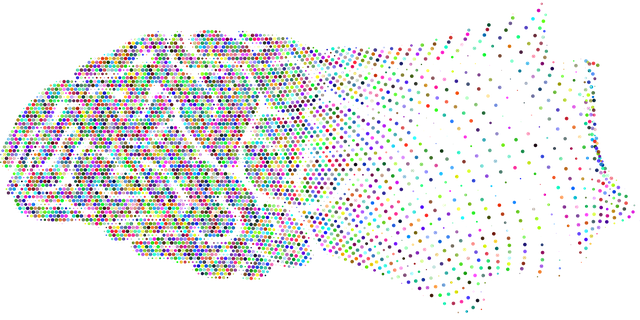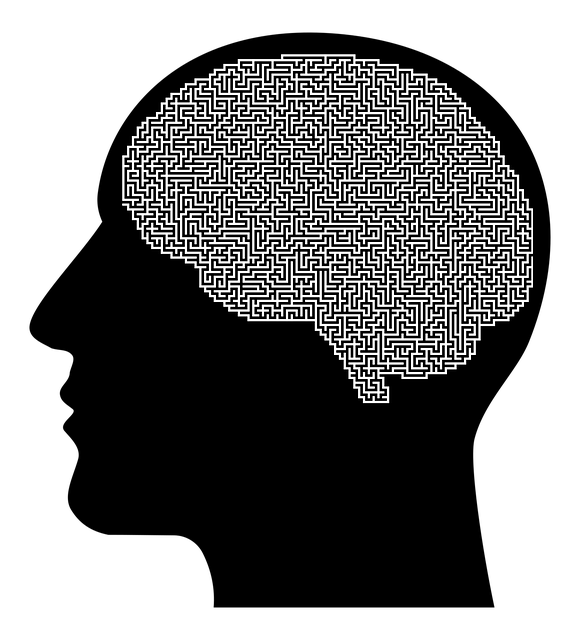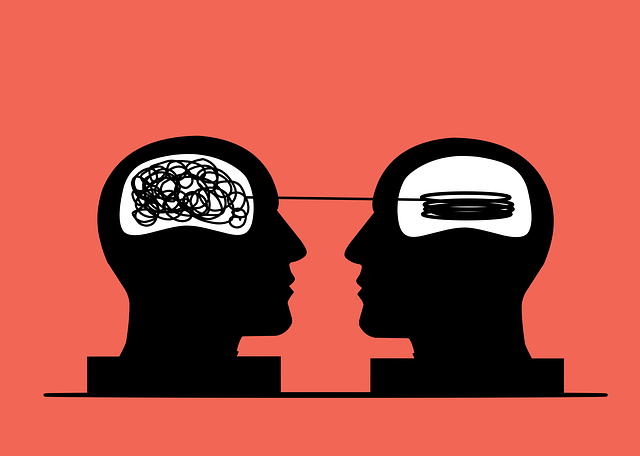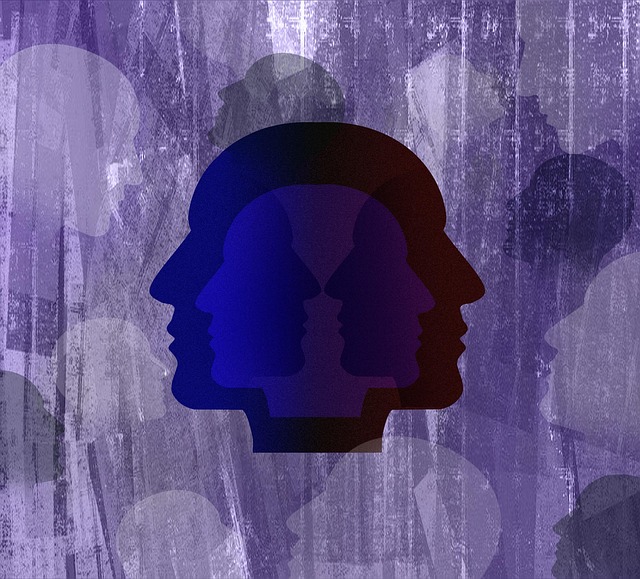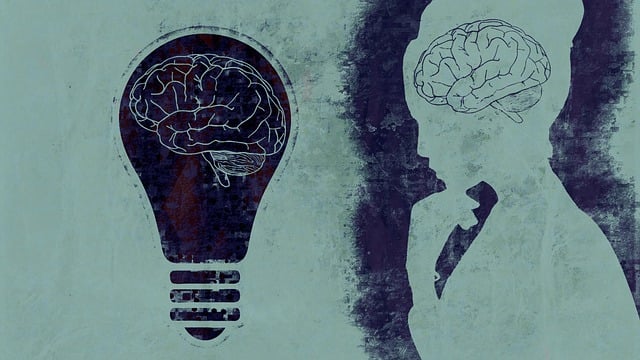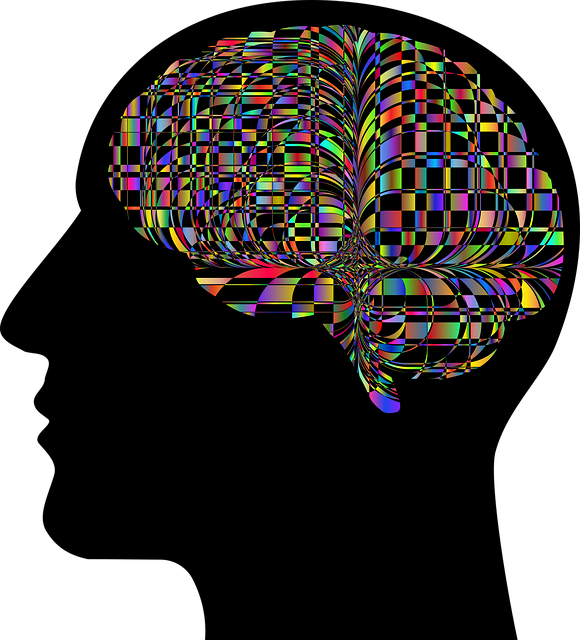Emotional Intelligence (EI), enhanced by Boulder Psychosis Therapy's evidence-based approaches, is vital for navigating relationships and informed decision-making. By cultivating EI through practices like mindfulness meditation and self-awareness exercises, therapists at Boulder Psychosis Therapy provide compassionate care, managing their emotions while empathizing with clients'. This holistic approach benefits both individual clients and the therapeutic community by improving risk management and mental wellness coaching programs. Integrating these skills into daily life via self-care routines, public awareness campaigns, and podcasts fosters a culture of emotional awareness, contributing to overall well-being.
Emotional intelligence (EQ) is a powerful tool that can transform personal and professional lives. This article guides you through unlocking your EQ potential, with a focus on the therapeutic benefits of Boulder Psychosis Therapy. We’ll explore key components for building EQ, practical strategies to enhance self-awareness, and how to integrate emotional intelligence into daily interactions and relationships. By understanding and harnessing emotional intelligence, you can navigate life’s challenges with greater ease and depth.
- Understanding Emotional Intelligence: Unlocking Its Potential
- The Role of Boulder Psychosis Therapy in Enhancing EQ
- Key Components for Building Emotional Intelligence
- Practical Strategies to Cultivate Self-Awareness
- Integrating Emotional Intelligence into Daily Life and Relationships
Understanding Emotional Intelligence: Unlocking Its Potential

Emotional intelligence (EQ) is a powerful tool that enables individuals to understand and effectively manage their own emotions, as well as recognize, empathize, and influence the emotions of others. This skill set goes beyond mere emotional awareness; it’s about using this understanding to navigate relationships and make thoughtful decisions. For mental health professionals like those at Boulder Psychosis Therapy, cultivating high EQ is not just beneficial—it’s essential for providing compassionate, effective care.
By embracing practices such as mindfulness meditation, which has been shown to enhance emotional regulation, professionals can improve their own mental wellness alongside that of their clients. Furthermore, integrating these skills into risk management planning and the development of mental wellness coaching programs ensures a holistic approach to supporting not just individual clients, but the entire therapeutic community.
The Role of Boulder Psychosis Therapy in Enhancing EQ

Boulder Psychosis Therapy plays a pivotal role in enhancing Emotional Intelligence (EQ) by addressing underlying mental health issues that often hinder emotional awareness and management. Through evidence-based therapeutic approaches, this specialized form of therapy helps individuals gain deeper insights into their emotions and those of others. By fostering self-awareness and empathy, Boulder Psychosis Therapy equips people with the skills to navigate interpersonal relationships more effectively, leading to improved communication and stronger social connections.
Moreover, integrating Boulder Psychosis Therapy into one’s Self-Care Routine Development for Better Mental Health can significantly contribute to overall well-being. Public Awareness Campaigns Development and engaging in Mental Wellness Podcast Series Production that promote therapy as a viable tool for EQ development further underscore its importance in today’s fast-paced world. Regular practice of therapeutic techniques, coupled with increased public awareness, can foster an environment where emotional intelligence is not just understood but actively cultivated and nurtured.
Key Components for Building Emotional Intelligence

Building emotional intelligence is a multifaceted process that involves several key components. One of the cornerstones is emotional regulation, the ability to understand and manage one’s emotions effectively. This includes recognizing triggers, responding rather than reacting to stressful situations, and maintaining composure under pressure. Techniques like mindfulness meditation and deep breathing exercises can significantly enhance this aspect of emotional intelligence.
At the heart of emotional intelligence development lies self-awareness. Engaging in regular Self-Awareness Exercises helps individuals gain insights into their thoughts, feelings, and behaviors. This introspective practice fosters a deeper understanding of personal strengths, weaknesses, and motivations, enabling better decision-making and stronger relationships. Boulder Psychosis Therapy offers specialized programs tailored to enhance self-awareness and emotional regulation, contributing to improved mental wellness.
Practical Strategies to Cultivate Self-Awareness

Developing self-awareness is a cornerstone of emotional intelligence and Boulder Psychosis Therapy offers practical strategies to help individuals cultivate this essential skill. One effective technique involves regular introspection, where individuals set aside dedicated time for quiet reflection. During these moments, one can explore their thoughts, emotions, and behaviors without judgment, fostering deeper understanding of oneself. This practice encourages individuals to identify patterns, recognize triggers, and become attuned to their inner experiences—all vital aspects of emotional intelligence.
Additionally, keeping a journal is an excellent tool for enhancing self-awareness. By jotting down thoughts, feelings, and reactions, individuals can gain valuable insights into their emotional responses. This process allows them to identify recurring themes, understand the root causes behind certain behaviors, and develop more effective coping mechanisms. Engaging in such self-exploratory practices is not only beneficial for emotional well-being promotion techniques but also plays a pivotal role in stress management workshops organized by various institutions.
Integrating Emotional Intelligence into Daily Life and Relationships

Integrating Emotional Intelligence into daily life and relationships is a crucial step in enhancing mental wellness. At Boulder Psychosis Therapy, we emphasize the importance of cultivating emotional intelligence as a foundational aspect of our Mental Wellness Podcast Series Production. By understanding and managing our own emotions, we can better navigate interpersonal interactions, fostering deeper connections with others. This involves active listening, empathy, and open communication—skills that are not only beneficial in personal relationships but also in professional settings.
Emotional intelligence enables individuals to recognize and appreciate the emotional states of those around them, leading to more effective conflict resolution and stronger bonds. For mental health professionals, this is particularly significant. The Risk Management Planning for Mental Health Professionals often emphasizes the need for self-awareness and emotional regulation as core components in providing quality care. Integrating emotional intelligence into practice enhances therapist-client relationships, improves treatment outcomes, and contributes to a more holistic approach to mental wellness.
Emotional intelligence is a powerful tool for personal growth and healthy relationships. By understanding its components, such as self-awareness and empathy, individuals can significantly enhance their emotional literacy. The practices outlined in this article, including the integration of Boulder Psychosis Therapy techniques, offer practical ways to build emotional intelligence. Embracing these strategies allows one to navigate life’s challenges with greater resilience and foster deeper connections with others.

